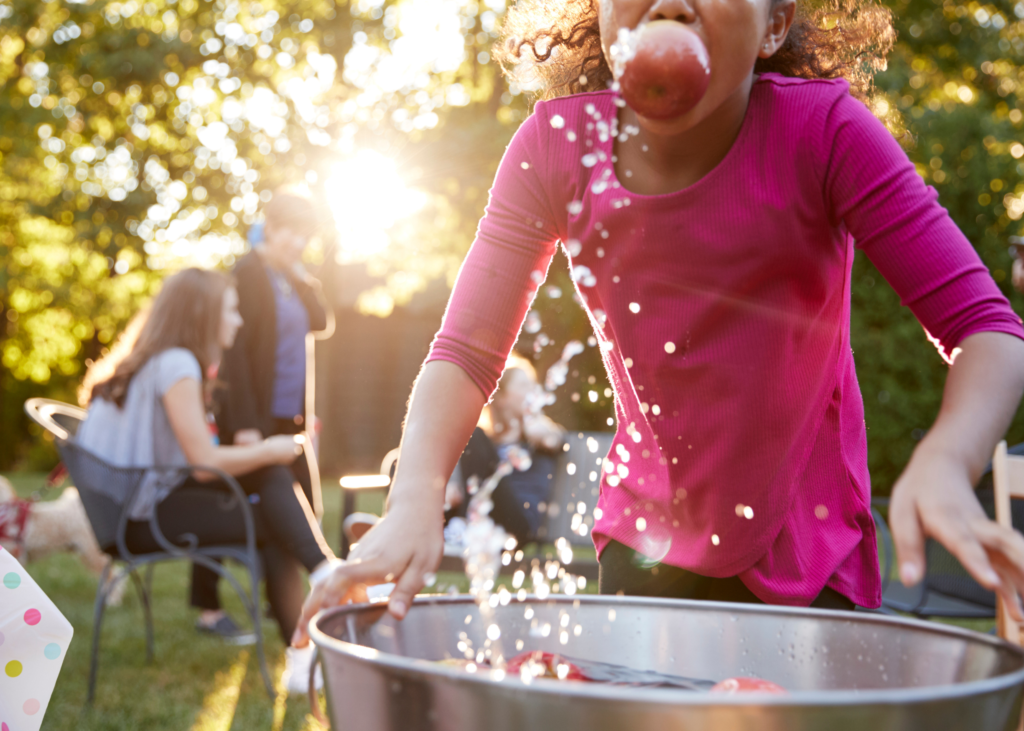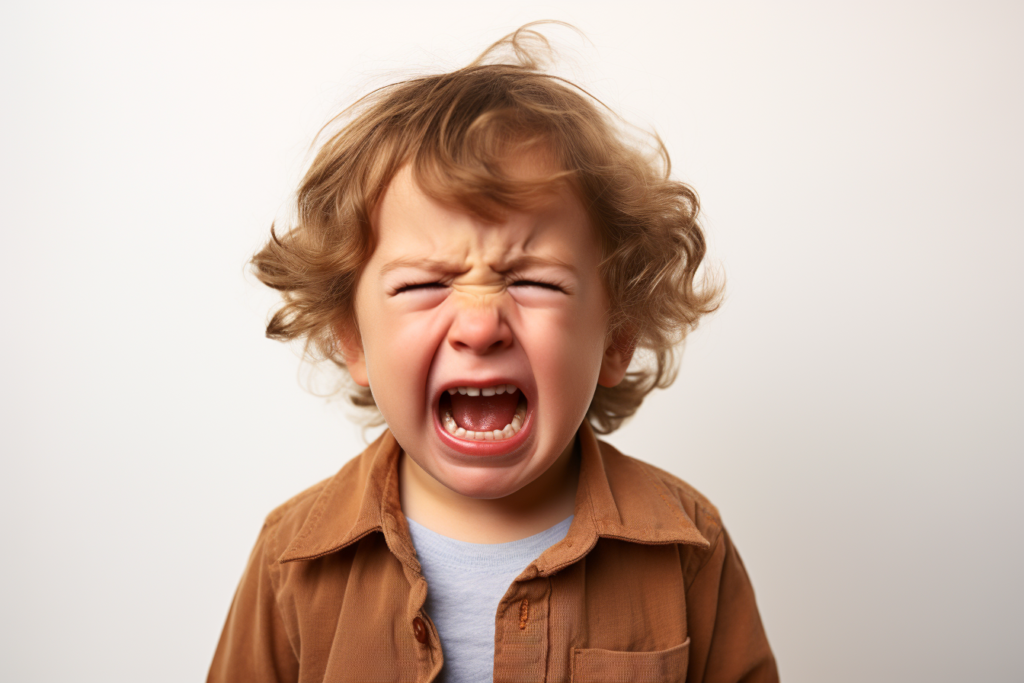This site contains affiliate links, view the disclosure for more information.
This blog post is all about the best books for new parents.
Becoming a parent is undoubtedly life’s greatest adventure, yet it is a journey for which many of us feel unprepared.
Most of us train and prepare extensively for our careers, studies, hobbies, and other life skills, but it is a rare thing to see one preparing for arguably the most important task they’ll ever have: being a parent.
As a psychologist who works in parent education, I quickly realized how many parents struggle to deal with common, day-to-day situations.
Of course, raising a child is not like following a cake recipe; each family has a completely unique experience, and it’s impossible to be 100% prepared.
But with the right resources, you can feel much more at ease and confident in dealing with situations that will inevitably arise during this journey: from tantrums and emotional outbursts to sleepless nights and school conflicts.
Over the past 6 years, I have read A LOT of parenting books, and I can honestly tell you that the vast majority of them are based solely on the author’s opinion/experience and have no scientific background whatsoever.
Although there’s nothing wrong with sharing your experiences, I believe understanding the basics of the science of child development, particularly neurodevelopment, is crucial. This knowledge will help you handle the most difficult moments and give you the guidance to raise confident, resilient, capable, respectful, and independent children who trust and listen to you.
Here is the list of my absolute favorite books for first-time parents, or parents who are feeling a little lost and in need of some knowledge and guidance. I hope you enjoy 🙂
Must-Read Books for First-Time Parents
1. The Whole-Brain Child by Daniel Siegel and Tina Payne Bryson
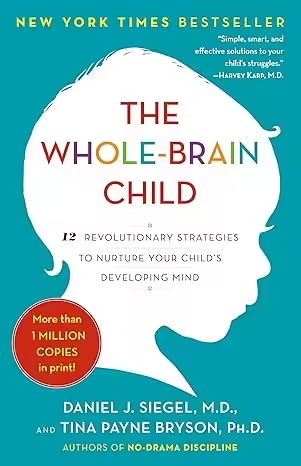
I have gifted this book to so many clients and friends that I might be its #1 buyer on Amazon 😉
I’m always on the lookout for books that bridge the gap between scientific research and practical skills and “The Whole-Brain Child” by Daniel Siegel and Tina Payne is precisely it.
This book is not only grounded in solid scientific knowledge but it is also an incredibly easy and engaging read.
“The Whole-Brain Child” provides actionable strategies backed by neuroscience so parents can foster healthy brain development for their kids. It also helps parents understand the ‘why’ behind their child’s behavior and offers tools to promote emotional, social, and intellectual growth.
One of the things I enjoy the most about the book is that each concept is accompanied by real-life scenarios that help visualize the theory and understand how to apply it in day-to-day parenting situations.
Read more: The Best Way to Handle Tantrums According to Science.
2. The Montessori Toddler by Simone Davies
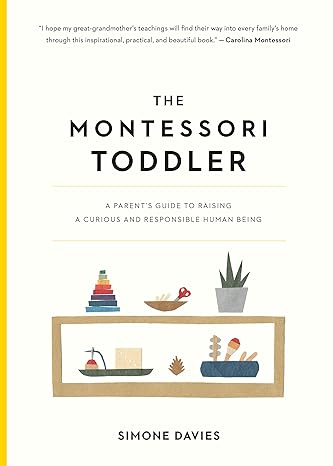
As the name suggests, this is a book about the Montessori Method of education. However, I’d like to point out that even if you don’t follow or don’t know the Montessori Method, this book is still a great resource for better understanding the nature and needs of toddlers and how to best support their development.
“The Montessori Toddler” translates the principles of Montessori education into practical tips for parents. It covers many different topics based on the Montessori principles, but it centers around creating a child-friendly environment and routine that fosters intrinsic motivation, independence, curiosity, problem-solving, and learning through play.
It is a very practical book filled with modern examples, infographics, and images.
If you’d like to learn more, here’s a beginner’s guide to the Montessori Method.
3. How to Talk So Kids Will Listen and Listen So Kids Will Talk by Adele Faber and Elaine Mazlish
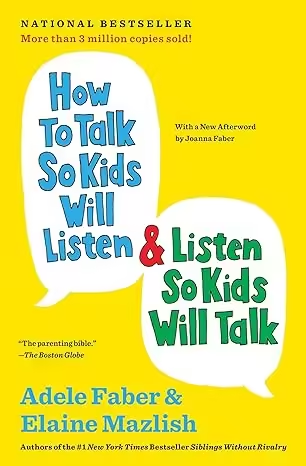
A friend of mine once told me that this book was THE parenting bible. And I totally get why.
“How to Talk So Kids Will Listen and Listen So Kids Will Talk” teaches communication techniques that foster mutual respect and cooperation between parents and children.
It includes practical tools and innovative views on:
- resolving conflicts
- coping with your child’s big feelings
- expressing your strong feelings without being hurtful
- engaging your child’s willing cooperation
- setting firm boundaries and maintaining goodwill
- using alternatives to punishment that promote self-discipline
- understanding the difference between helpful and unhelpful praise
- and encouraging open dialogue
4. The Danish Way of Parenting by Jessica Joelle Alexander and Iben Dissing Sandahl
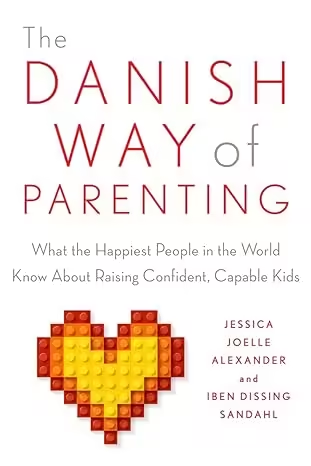
Denmark has been considered the happiest country in the world many times, and this book intends to show us why.
The Danish Way of Parenting explores Danish families’ parenting principles to raise happy, confident, and successful kids. These six principles spell out the word PARENT:
Play is essential for development and well-being.
Authenticity fosters trust and an “inner compass”.
Reframing helps kids cope with setbacks and look on the bright side.
Empathy allows us to act with kindness toward others.
No ultimatums means no power struggles, lines in the sand, or resentment.
Togetherness is a way to celebrate family time, on special occasions and every day. The Danes call this hygge – and it’s a fun, cozy way to foster closeness. Preparing meals together, playing favorite games, and sharing other family traditions are all hygge. (Cell phones, bickering, and complaining are not!)
5. How Children Learn by John Holt
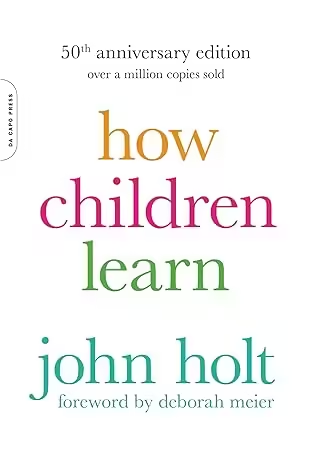
This book is a classic. Timeless, original, and very very deep.
This is a very popular book among homeschool parents, but I consider it extremely relevant if you’re planning on enrolling your kids in traditional schools.
“How Children Learn” illuminates a fundamental concept, supported by science, that we often forget about: for children, “learning is as natural as breathing”.
What this means is that we don’t have to force children to learn, bribe them into studying, or punish them for not doing so.
Children are naturally curious beings who LOVE learning and exploring and are perfectly capable of doing that if we give them space, time, and choices.
John Holt’s work encourages us to support and foster our kid’s intrinsic motivation, vast capabilities, and natural curiosity.
Read more: The Best Montessori Books: Beginner to Advanced.


